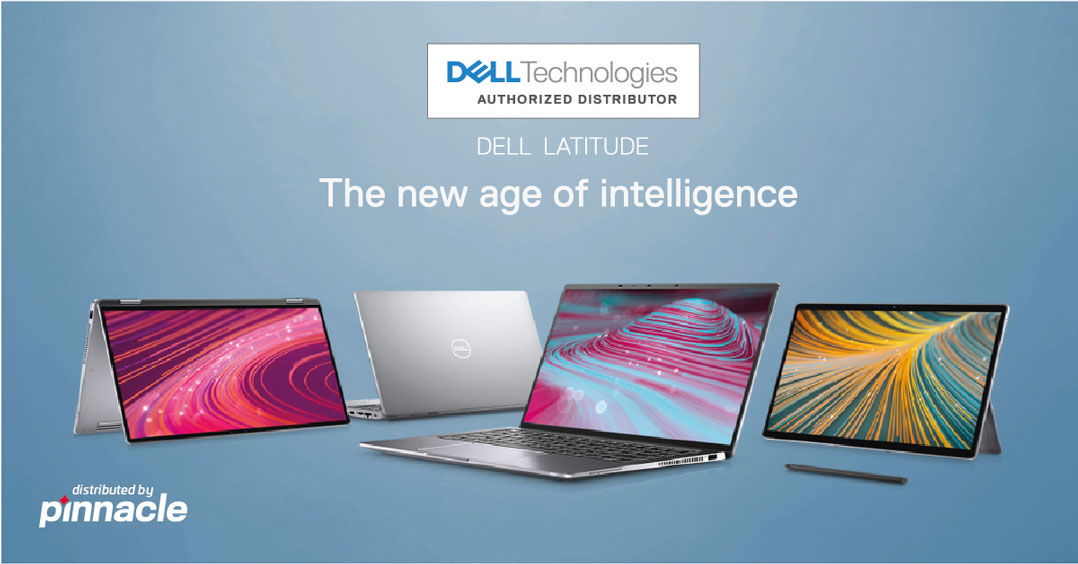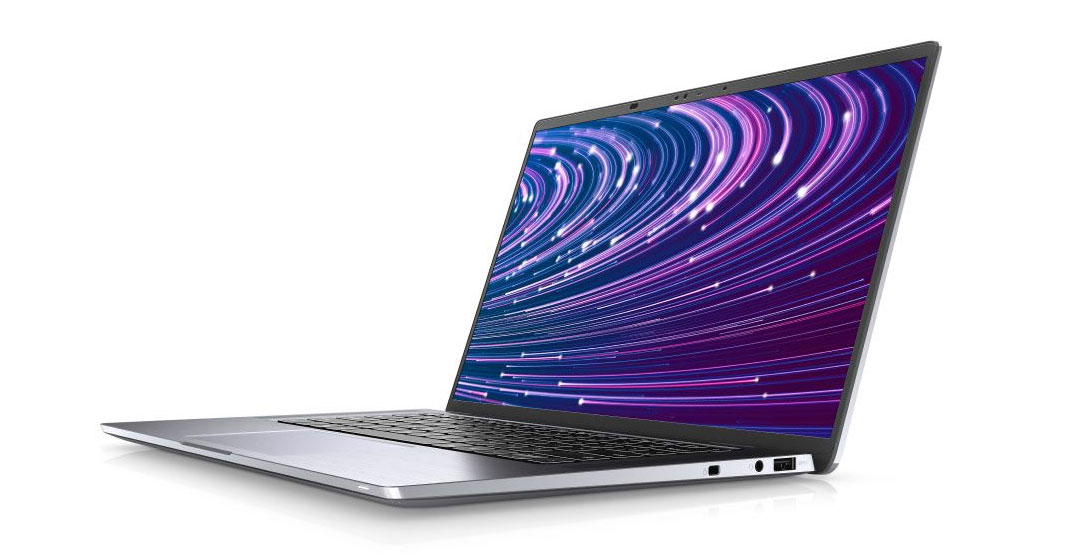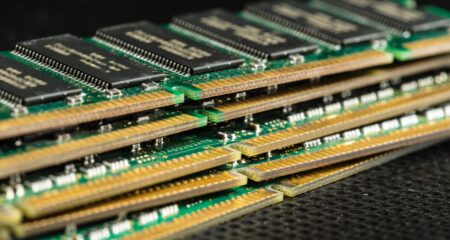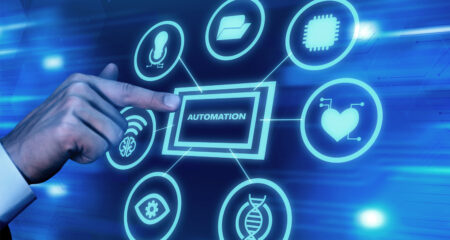 Today’s AI-enabled, intelligent laptops allow people to work from anywhere. They are lightweight, thin, fast and stylish, and have become an integral part of our daily working and personal lives.
Today’s AI-enabled, intelligent laptops allow people to work from anywhere. They are lightweight, thin, fast and stylish, and have become an integral part of our daily working and personal lives.
And because they offer so many benefits and are easy to use, laptops have become the de facto working machines for most office workers and are used for a wide range of business functions and processes.
“This is particularly true in the aftermath of the pandemic,” says Alvina Lewis, business unit lead at Pinnacle ICT, South Africa’s leading ICT distributor. “Before Covid-19 struck, laptops most likely made up just over half of the total number of all computers in businesses of all sizes. However, the almost overnight mass exodus to remote working saw large numbers of laptops have been bought to enable dispersed workforces, so we can be pretty sure that this number has increased significantly and is only set to grow more in the future.”
This is for several reasons, she says. “The digital, modern businesses we find today, insist upon instant access to the information flow as well as current tasks and applications, irrespective of where the particular individual is working from. A laptop, in this instance, cannot be replaced, unlike desktops, and other options.”
Next, there’s the questions of battery life. Some laptops today boast more than 14 hours of battery life, which is more than enough for a long-distance flight, a day of meetings, or even working without access to power. Essentially, they give employees autonomy for an entire working day, says Lewis.
Then there’s the question of performance, she adds. “Today’s laptops can easily manage most general workloads and tasks, as well as power-hungry tasks such as high-end graphics or data analytics. In fact, the performance of laptops is far better than that of most desktop computers. For one thing, most laptops enjoy better processing speeds thanks to superior CPUs, and their connectivity is often far quicker, too.”
Security
But laptops are not without their downside, cautions Lewis. “For one thing, many laptops can pose major security issues. In this instance, the ubiquity and versatility that laptops provide is not only an advantage but a potential cybersecurity risk. Members of staff across the board look at and process proprietary and sensitive information, in an environment that is not necessarily trustworthy and secure.”
In many cases, it has been employees working on laptops that have been the vector for the initial compromise in a successful data breach or data leak, she explains. “Let’s look at the possible reasons. Due to their portable and compact design, laptops are easy to lose or misplace, and can be stolen when outside the organisation’s walls. Unless there is strong encryption on the machine, all the data on the laptop can fall into the hands of cybercriminals.”
Next, most laptops feature a slew of communication port options, so they can take advantage of a wide range of connectivity types. “While this is one thing that makes them so useful for remote workforces, it also opens a wide range of channels or potential entry points for bad actors, and therefore good security solutions to manage this are key. Similarly, USB ports present a real challenge for information security professionals, as not only are they outside the controlled device, but people are notorious for leaving flash drives lying around that contain potentially sensitive information.”
 So, although laptops have fantastic benefits, they are not without tremendous risk, unless they come equipped with best-in-class security features that prevent an organisation’s data from being compromised. “Dell Technologies has recently debuted its new range of Latitude business laptops that offer users enhanced security features regardless of whether they are working from home, or the office.”
So, although laptops have fantastic benefits, they are not without tremendous risk, unless they come equipped with best-in-class security features that prevent an organisation’s data from being compromised. “Dell Technologies has recently debuted its new range of Latitude business laptops that offer users enhanced security features regardless of whether they are working from home, or the office.”
Lewis says that to ensure the Latitude range is safe and secure, Dell starts the process at the factory, with supply-chain security and integrity controls built in, to extend the existing range of safeguards that were designed with preventing, detecting and responding to cyberattacks below and above a device’s operating system in mind.
The new Dell Latitude range also adds layers of enterprise-class security that save users the trouble of having to remember passwords and brings lightning-fast, secure sign-on. Many of the machines in the new range are equipped with fingerprint readers built into the power button as well Windows Hello-capable cameras for better biometric authentication.
Privacy
Privacy is another critical aspect of cybersecurity, which is why the Latitude 9420 and 9520 machines come equipped with Dell’s SafeShutter feature. SafeShutter is the industry’s first automatic webcam shutter which knows instinctively when to open or close by syncing with the user’s video conferencing software.”
The hybrid, dispersed workforce’s computing needs aren’t the same as they were five years ago, Lewis says. “People are not at their desks 9-5 and need the peace of mind to know that they can work on their laptops from anywhere, at any time, and do it securely.”
For more information, contact the Pinnacle Dell team via e-mail on [email protected] or phone 011 265 3000.
About Pinnacle
Built on the foundation of entrepreneurial spirit, Pinnacle is South Africa’s leading ICT distribution company. We offer a broad range of world-class technology products seamlessly delivered across an expansive footprint. Everything we do is underpinned by our technical expertise, drive and determination – we call it delivering the exceptional.
For more information about Pinnacle, visit our website or contact our offices on 011 265 3000. You can also follow Pinnacle on Twitter, join us on Facebook and on LinkedIn.
- This promoted content was paid for by the party concerned




